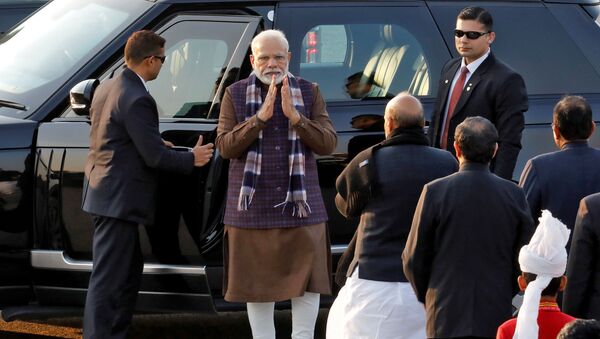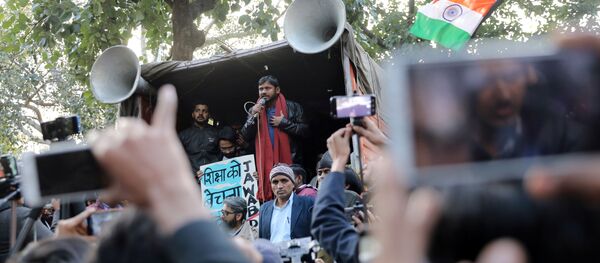Ahead of the customary address by the President of India to a joint session of Parliament’s upper and lower house – the Rajya Sabha and Lok Sabha, Prime Minister Narendra Modi urged parliamentarians on Friday to use the session to chart a strong-economic foundation for the country over the next decade.
Modi said he was aware that the state of the economy would be in focus during the 34-day-long session starting Friday and lasting until 3 April, and looked forward to healthy debates and discussions.
“Our government has been identified with doing good for the victimised, exploited, deprived and for empowering women. In this coming decade also, we have to have the strength to move in the same direction. I would like to have and see a much wider discussion on economic issues and ensure the empowerment of people in both houses,” said Modi.
Speaking at the start of the Budget Session of Parliament. https://t.co/CIMbUsXOVV
— Narendra Modi (@narendramodi) January 31, 2020
On Friday, Federal Finance Minister Nirmala Sitharaman will present the Economic Survey for the financial year 2019-20, giving a snapshot of major economic developments that have taken place in the last year, and a glimpse of what is expected to come in the short to medium term.
Sitharaman will present the Annual Budget for 2020-2021 for the federal government on Saturday 1 February.
The development will take place as opposition Congress party leaders led by Sonia Gandhi stage a protest outside the House of Parliament, near a statue of Mahatma Gandhi, expressing solidarity with those protesting against the controversial Citizenship Amendment Act 2019 (CAA). They also will wear black bands in Parliament, as a sign of protest.
India’s federal government enacted the new law on 13 December 2019, seeking to provide citizenship to illegal immigrants of minority communities from three neighbouring Islamic countries, Afghanistan, Bangladesh and Pakistan who arrived in India before 2015. The law, however, didn't include Muslim immigrants.
The opponents of the legislation alleged that it was discriminatory towards Muslims, and claimed it was against the secular credentials of the Constitution.
Prime Minister Narendra Modi has, however, clarified that no Indian citizen would be affected by the law as it “seeks to grant citizenship, not snatch it away”.



